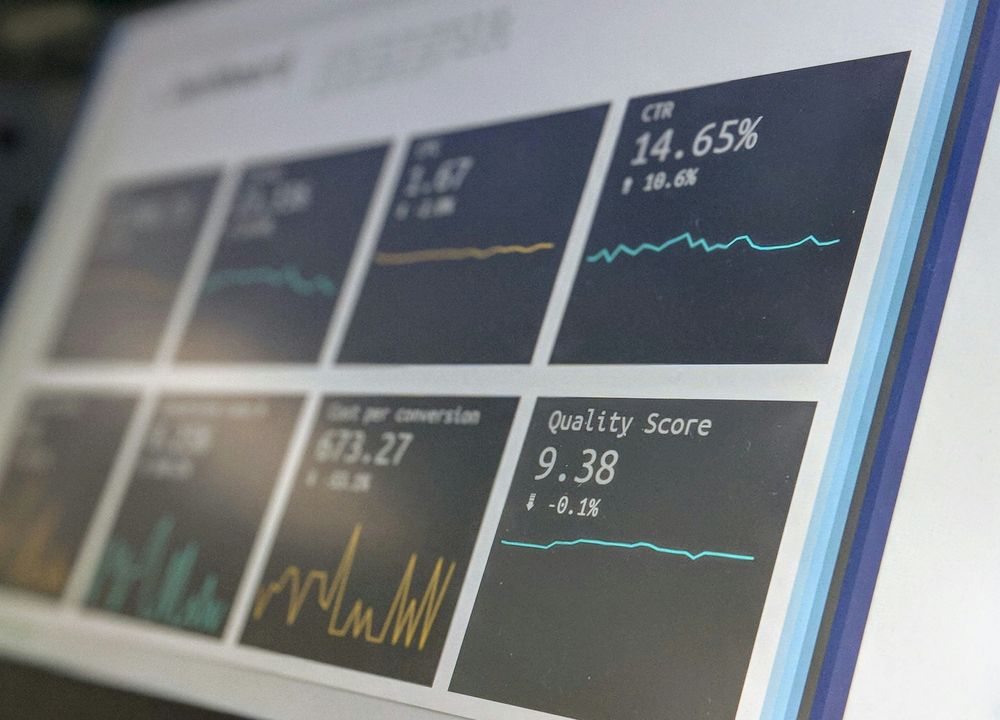
As organisations increasingly recognise the importance of data in driving business decisions and growth, many are investing in central data teams to spearhead data initiatives, establish processes, and deliver training programmes. However, a crucial question often arises: Who is responsible for capturing and demonstrating the value generated by these data initiatives?
In my discussions with various organisations, I've observed two contrasting approaches to this responsibility.
Scenario 1: The central data team is tasked with a wide range of responsibilities, including setting processes, delivering training programmes, and driving data initiatives across the entire business. In addition to these duties, they are also expected to capture and demonstrate the value of their work. For example, they might need to show how their training programmes are helping people derive value from data. In my last role, working as part of the central data team in a multinational automotive company, it was our team's responsibility to capture the value of data work by collaborating closely with different lines of business. Now, in my current role at The Information Lab, I've observed a similar approach with one of our clients, a large banking group in the UK. Their central data team takes on the responsibility of measuring and demonstrating the value of data work across the organisation.
Scenario 2: The central data team is primarily focused on delivering the data and analytics work requested by different departments within the business. Their main responsibility lies in the delivery aspect, whilst the actual value realised from these projects is considered to be the responsibility of the business stakeholders who requested the work in the first place. This approach is evident at one of our clients, a multinational defense, security, and aerospace company, where the central data team is mainly responsible for delivering data work requested by various parts of the business. It is then up to the 'requestor' to showcase the value of these initiatives and how they contribute to overarching business goals and objectives.

This raises an interesting question: Should central data teams be responsible for both delivering data initiatives and capturing the value they generate? Or should the responsibility of value capture lie with the business stakeholders who are the primary beneficiaries of these initiatives?
The answer to this question may vary depending on the organisation's structure and the specific roles assigned to the central data team. In some cases, the central data team may be best positioned to capture and communicate the value of their work, as they have a holistic view of the data initiatives across the organisation. They can gather metrics, case studies, and testimonials to demonstrate the impact of their efforts.
On the other hand, business stakeholders who request and benefit from data initiatives may be better equipped to assess and communicate the value realised within their specific domains. They have a deeper understanding of their business objectives and can provide concrete examples of how data work has influenced decision-making, improved efficiency, or driven revenue growth.
The key to successfully measuring the value of data work lies in fostering a collaborative approach between the central data team and business stakeholders. By working together, organisations can ensure that the true value of data initiatives is effectively captured, communicated, and leveraged to drive business success. This collaboration allows the central data team to provide the necessary tools, frameworks, and guidance, whilst business stakeholders contribute valuable insights and feedback to continuously improve processes and align efforts with business objectives.
